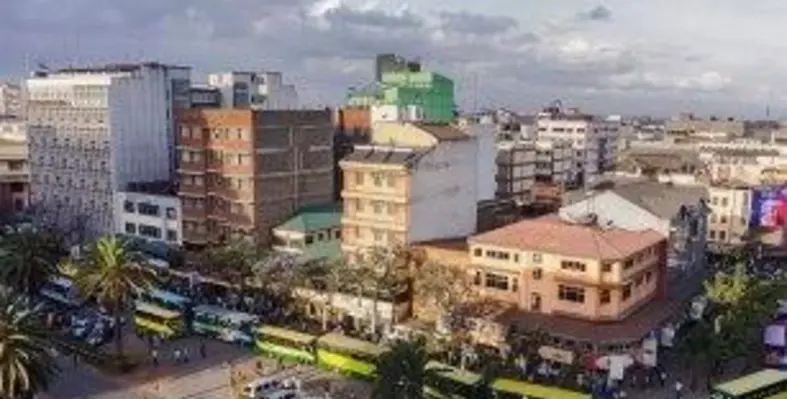Economic disruption caused by the COVID-19 pandemic has pushed East Africa’s growth projection for 2020 down to 1.2 per cent, a rate that outstrips other African regions and is forecast to rebound to 3.7 per cent in 2021, according to the African Development Bank’s (AfDB) East Africa Regional Economic Outlook 2020
The projection is under the baseline scenario that assumes the virus is contained by the third quarter of this year.
Prior to the COVID-19 pandemic, the region’s economic growth was projected at more than five per cent, well above continent’s average of 3.3 per cent and global average of 2.9 per cent. However, COVID-19-induced shocks and a locust invasion have contributed to job losses, increased humanitarian needs and will aggravate poverty and income inequality.
In the worse-case scenario, in which the pandemic persists until the end of 2020, growth is projected at 0.2 per cent, still above Africa’s predicted average of -1.7 per cent and -3.4 per cent under the two scenarios.
At the launch of the report held in Nairobi on Wednesday, Simon Kiprono Chelugui, cabinet secretary of Kenya’s Ministry of Labour, said East African countries could overcome the effects of COVID-19 and turn their economies around by mitigating the external and domestic risks.
“We need to implement a decisive and coordinated response to contain the spread of COVID-19; mitigate its health and socio-economic effects; accelerate structural transformation; improve the investment climate, and maintain the peace and security of our region,” he said.
Nnenna Nwabufo,director general of AfDB’s East Africa Regional Office, pledged bank support to steer the region out of the crisis.
“Our ambition is to address the adverse effects of COVID-19 pandemic and ensure that social and economic development across the continent is accelerated, including through the creation of an African workforce of the future,” she said.
She noted that the bank had responded swiftly to provide urgently needed support to address the immediate impacts of the COVID-19 pandemic, including support of US$212mn to Kenya, US$165mn to Ethiopia, US$4mn to South Sudan and US$10mn to the Seychelles.
“East African countries should accelerate a real structural transformation by transitioning from low value-added production to higher value-added activities that could mitigate vulnerabilities to domestic and external shocks,” said Dr Marcellin Ndong Ntah, a bank lead economist.














